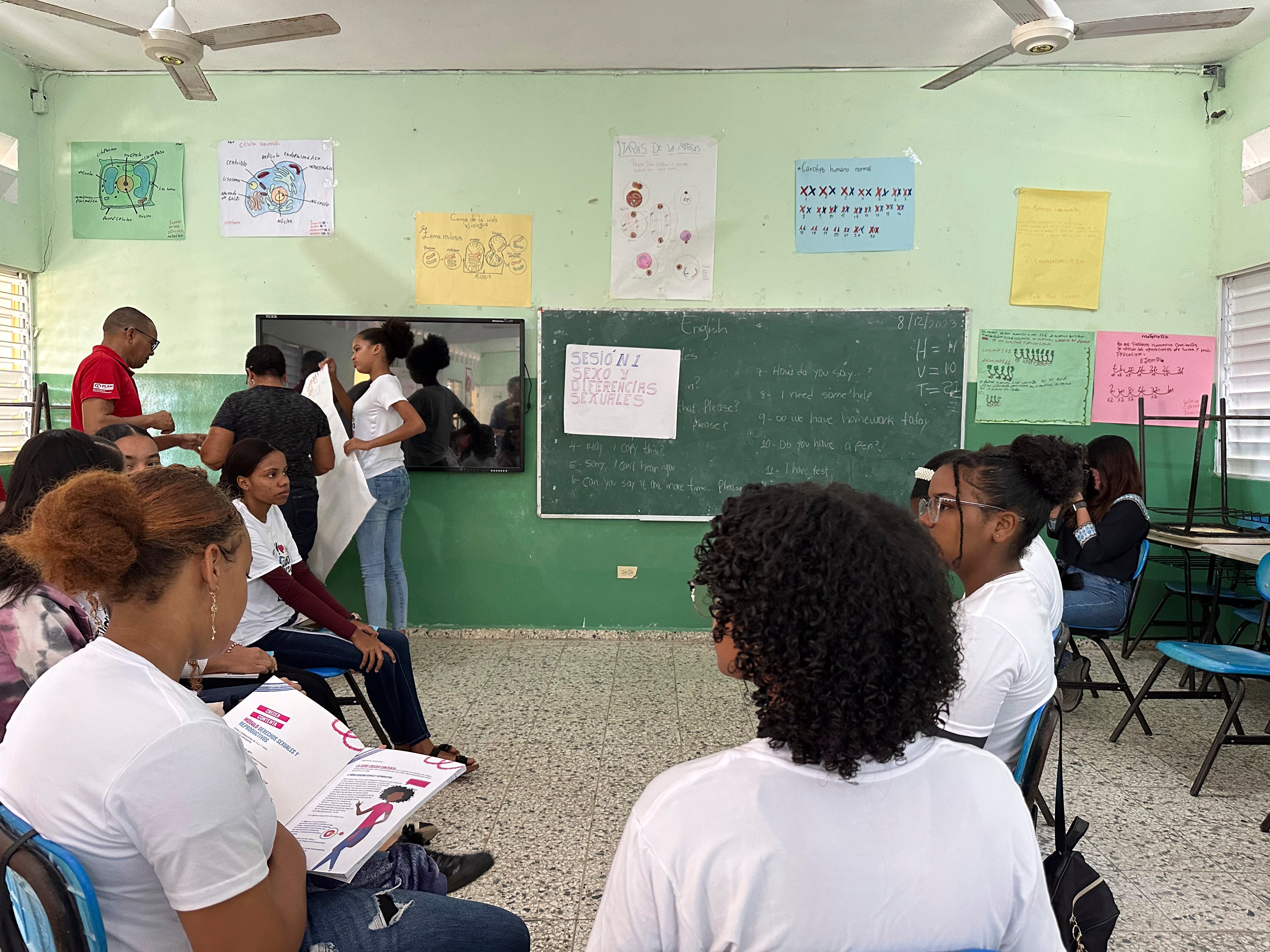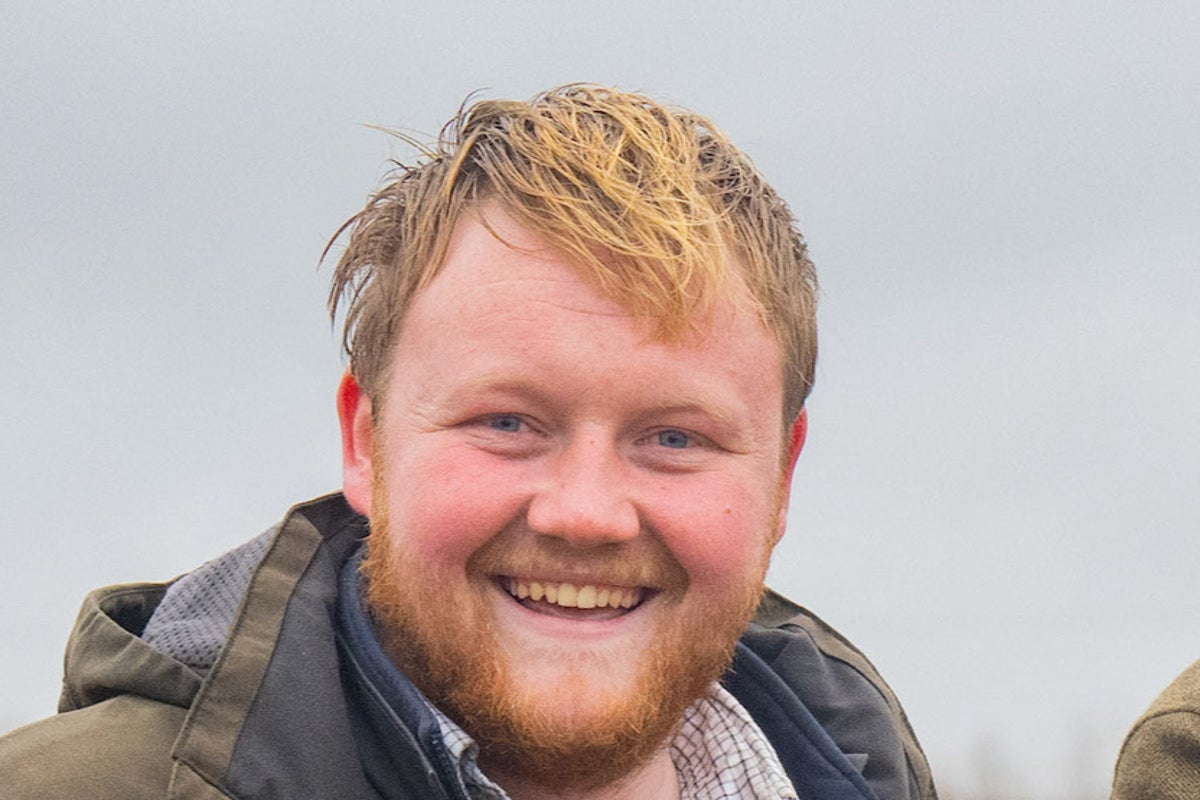More than 60 major UK and international charities have called for the government to reverse funding cuts that they warn will ensure the “worst aid budget for women and girls on record”.
In a joint statement organised by Care International and signed by Oxfam, Save the Children and World Vision, the 61 charities say they are “deeply alarmed” by the “shameful proposal” to shift money away from projects that specifically support women and girls by scrapping dedicated spending on gender equality. The charities estimate that the closure of just one UK-funded violence prevention project, the “What Works” programme, would put more than one million women and children at increased risk of abuse worldwide. One charity chief executive called the cuts “dangerous”.
In February, prime minister Sir Keir Starmer announced a plan to cut aid spending from 0.5 per cent to 0.3 per cent of the UK’s gross national income – a measure of the nation’s total wealth. That amounts to roughly £6bn cut from a current budget of £15.4bn. On 14 May, development minister Jennifer Chapman told MPs these cuts would fall on gender and education programmes, as the government sought to “sharpen [its] focus” on humanitarian emergencies in Gaza, Ukraine and Sudan.
However, the coalition of leading charities have warned these cuts will mean “specialised services for survivors of rape will disappear, girls will miss out on education, and women will continue to be excluded from positions of power and influence”. Currently, just 12 per cent of all UK aid prioritises gender equality, which the charities say must be protected – with more than half of women’s rights organisations in developing countries surveyed by UN Women saying they will have to close in the next six months because of aid cuts.
“We urge the UK government to reverse course. It otherwise risks sending the message that the rights and lives of women and girls are expendable,” the statement reads.
“These decisions aren’t simply about numbers on a balance sheet – they are choices that determine whether women and girls live in safety, go to school, or access healthcare. Behind every cut is a person whose life and future are at stake,” the statement adds.
“As a coalition of organisations working toward a gender-just world both in the UK and overseas, we are deeply alarmed by the shameful proposal to eradicate standalone aid funding for gender equality.”
Beyond gender equality spending, the 40 per cent cut to the UK’s spending in developing countries is projected to leave millions at risk of malnutrition. An analysis by Save the Children previously shared with The Independent found the “savage” cuts to UK foreign aid would leave 55.5 million of the world’s poorest people without access to basic resources.

Addressing the international development select committee last week, Baroness Chapman said: “There will be a huge impact, I’m not pretending otherwise. I can’t promise to protect every good programme.”
She claimed that the crises in Ukraine, Gaza and Sudan are “actually where the public expects us to lead”. But in their statement, the coalition of charities cited polling by YouGov that showed that 63 per cent of respondents think the aid budget should be used to protect women’s and girls’ rights.
The UK’s aid cuts come at a time when many rich countries are shifting spending away from development. But none has cut as deeply as the US, where Donald Trump’s decision to slash overseas spending is already having wide-ranging destructive effects, from leaving millions on the brink of famine, to derailing the end of the AIDS pandemic, driving millions of preventable deaths.
Dr Halima Begum, chief executive of Oxfam GB, said: “The UK government’s proposed rollback on dedicated funding for gender equality is beyond concerning – it’s dangerous. With the rise of anti-rights movements, the fight to protect the rights of women and girls is more important than ever.”
Care International UK’s CEO Helen McEachern said: “Real people around the world – not statistics – pay the price for decisions made in Westminster’s corridors of power.
“It is unconscionable that the government would rip away support from women and girls at such a globally volatile time; their safety and rights are not negotiable. If this government is to avoid being remembered as one of the worst for women and girls, it must immediately reverse course, protect their rights and prioritise gender equality. It’s both a moral imperative and a strategic one: no society can thrive when half its population is left behind. Labour is at risk of leaving a damning legacy.”
This article was produced as part of The Independent’s Rethinking Global Aid project





